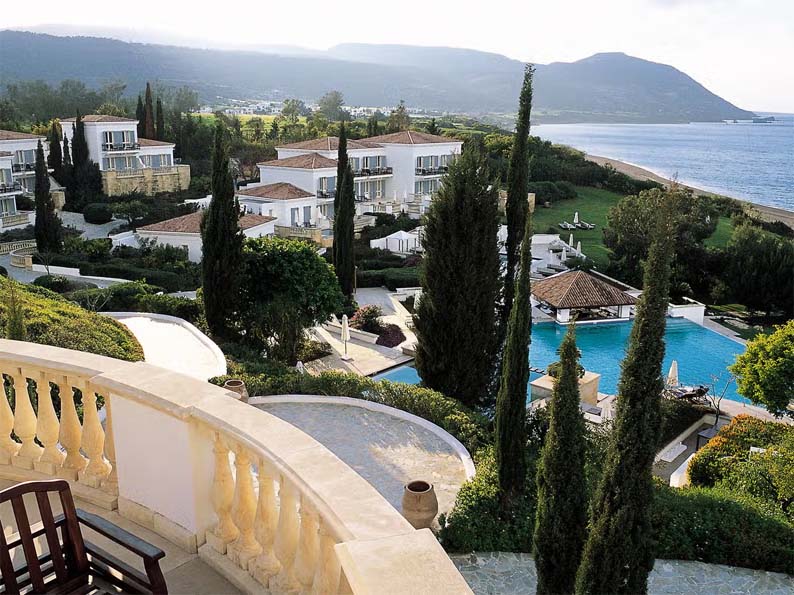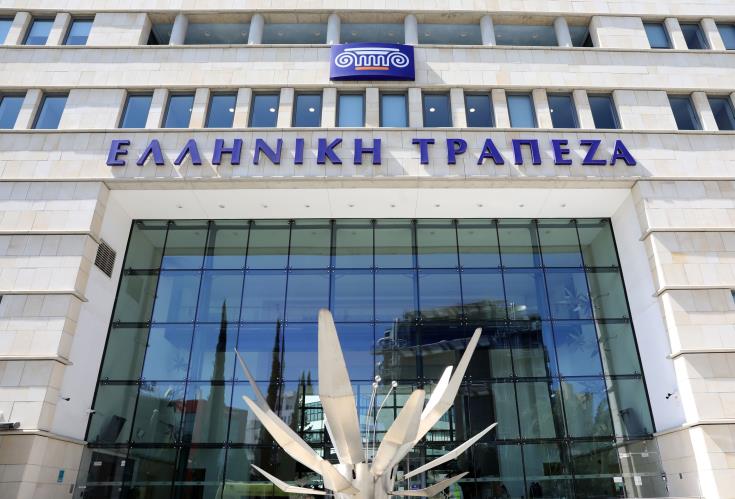A lot of investment has been undertaken for touristic development ranging from hotels to quality places of entertainment and even more important addressing the upgrading of staff, food, and service. Previous years with the tourist arrivals have been increasing by approximately 8% p.a. and this, coupled with the planning relaxation given by the then Government, almost all the hotels and tourist establishments have expanded or upgraded to satisfy both the increased demand and the competitiveness of Cyprus in the international market.
Loans have been secured as well as advance payments provided by the tour operators in the hope of the mid-term bonanza to come. The upgrading is notable, but the international tourist market regarding Cyprus has suddenly changed. Our competitors such as Turkey, Egypt, Greece, etc., have bounced back reclaiming their share of the tourist trade.
Challenges in the Tourism Sector
To this end and in addition to the discounted prices offered by these destinations, as well as the lack of direct flights from major European cities to Cyprus and the closing of some of the airlines, the lower exchange rate of their currency in relation to our competitors have not helped, as well as labor shortages in the tourist industry. These circumstances have encouraged the tour operators to ask for more and more discounts in order to reduce the gap between Cyprus and the other countries.
Notwithstanding the above, Cyprus’ distance from urban European destinations with limited direct flights, e.g., 1 hour to Spain and 3-5 hours to Cyprus affects Cyprus arrivals, whereas based on the statistics the tourist spending power, as well as the length of stay are reducing. Competition is appearing at an increasing rate also from the Turkish occupied areas at lower prices and with the tolerance of the Cyprus Government.
After so many years of stagnation in the quality of the tourist industry and having succeeded to upgrade our Cyprus product to an extent, we are now facing problems. It is not unreasonable to say that profitable tourist projects could go under, since the tourist trade is not based on local demand alone, but international events as well.
No Airline Subsidies
Being a member of the E.U., we are restricted by policies that we cannot provide subsidized national airlines to provide cheaper airfares, whereas the climatic conditions with the so far notable increase in temperature for northern European countries do not help our attraction of “sun and sea.” Hotel returns vary from time to time but on average Cyprus hotels show a 10% return, which is a reasonable target. In cases of increasing profitability with projections and with positive prospects this can be reduced to around 8% and on the opposite side of around 12%.
Any business plan relies on projections based on reasonable assumptions and data, but the local tourist market is so volatile that the risk is relatively high. It is not like real estate which can be sold at a later date since hotel business costs must be secured within the season. Real estate is directly related to the success or otherwise of the tourist industry, bearing in mind that 70% in real estate sales (in terms of value) comes from the foreign market. The Chinese market is moving towards touristic/hotel investment and various hotels at Larnaca, as well as one large one at Sotira area.
You might consider that the returns shown above are high, as opposed to the lack of alternative investments in Cyprus, as well as low deposit rates (1%-2%) and with a number of local banks not having a secured future. There is no win-win situation and bearing in mind the relatively large amount of investment required for such projects, the quoted returns are at least a reasonable expectation. “It takes one seaside bomb in Egypt to turn around tourist demand and as such benefiting other countries, as it will take one accidental air fight with Greece/Turkey to have the same effects, causing Cyprus to suffer,” a tour operator told us.
Added to the various problems that the Cyprus hotel industry faces, we have now the trend of Airbnb and private lets which amount to approximately 30%-40% of visitors. International circumstances can cause such investments to go under, but then part of the blame is on the shoulders of hotel investors as well as unions who are out now for additional claims.
By Antonis Loizou F.R.I.C.S. – Antonis Loizou & Associates EPE – Real Estate Valuers, Property Consultants & Estate Agents
www.aloizou.com.cy
[email protected]






